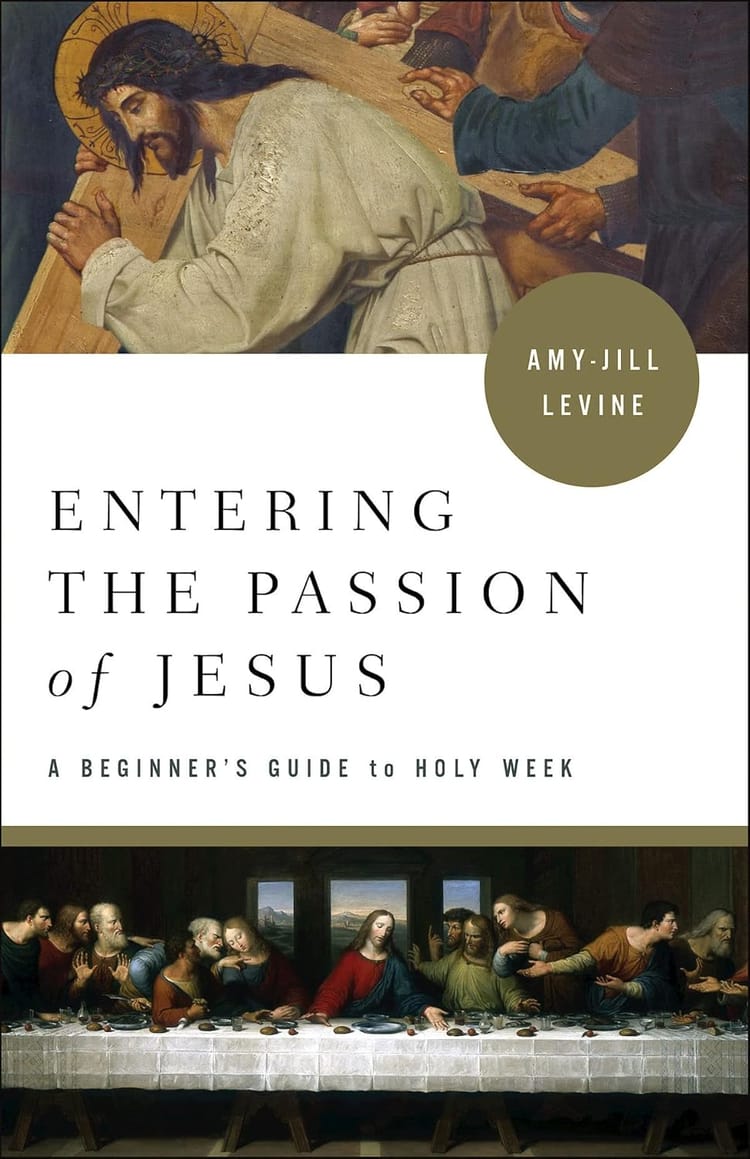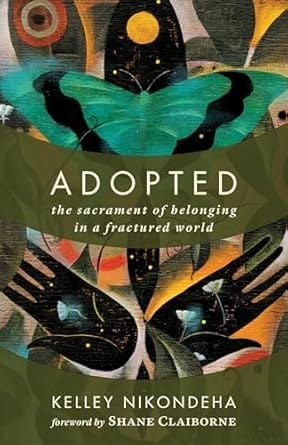Jesus, Love, and Tacos

Jesus, Love, and Tacos is a recent entry, published in October 2022, into a genre that I call "theology by memoir". The author has a theological idea to present and they do it in digestible pieces surrounded with lots of personal anecodotes that are meant to illustrate the theology. From the author's website:
Shake off rote religiosity and tribalism with a spicy bite of God’s truth seasoned with an authentic connection to his love and his people.
"Let me do something for you.”
Carrie Stephens offers these words of hope from the heart of God in Jesus, Love, & Tacos as she uses vibrant metaphors and comical self-deprecation to tell the story of lordship, community, and mission. These three ancient values will offer you help and hope as they shape your spiritual life, define how to gather in unity, and lead you to God’s missional love in action.
Whenever reading it's helpful to know a bit about the author. This is especially true in a book like this. Theology is a broad field and rooting one's theological discussion in personal experience means the author's life is the lens through which this theology is to be understood.
Carrie Stephens is the mother of four children, a Californian transplanted to Texas, and the wife of Morgan Stephens, lead pastor of Mosaic Church Austin. Mosaic is a non-denominational church that seems to follow many of the common elements of American Evangelicalism: emphasis on personal experience and relationship with God, all-male leadership, and a strong focus on external missiology and conversion. These are important pieces of the background to bear in mind while reading Jesus, Love, and Tacos.
Nine chapters in three sections move through a discussion about God's love and how it manifests in the world. The thesis of the book is threefold: God wants to establish God's self as the trustworthy authority in times of uncertainty and change; God wants none of us to be alone; God wants to empower us to meet the needs of the world.
The pattern of each chapter, as I alluded to early, is the same. A theological point is made, followed by one or more anecdotes from the author's life which are intended to illustrate the point. The theological claims made are clear and include significant references to the Bible for support. Of course, Biblical interpretations differ, but that's part of the fun of the theological conversation. Most of the theological claims made here are, to my mind, surface-level and do not dig into significant debates, nuance, or otherwise stray too far from a well-trod path.
Throughout the book, I would estimate the ratio of anecdotes to theological discussion is about 2.5:1. There is a lot of Stephens's life in this book, centring the experience of a white American mother in a heterosexual marriage, attending a non-denominational church, while living in a large city in the South. The heavy reliance on these anecdotes means that much of the conversation in Jesus, Love, and Tacos was, for me, relatable only in the abstract. I share precious few of Stephens's life circumstances or experiences and found many of the intended illustrative stories to be unhelpful.
This does not make this a bad book. It means that I am not the intended audience for this book. It also means that the intended audience for this book seems to be a very particular one. I believe that if some of the details of Stephens's life above sound relatable and sharing her experiences of being a Christian in those contexts would be interesting and helpful for you, this book could be a good read.
The writing style is approachable, informal, and accessible. The quality of the editing is good and, other than a few repeated facts that seemed unnecessary, this a solid piece of writing.
Jesus, Love, and Tacos is a book that I wanted to like but struggled with and would have a hard time recommending to most people in my circles. I think this is, for the most part, a case of divergent contexts, experience, and needs, rather than a true failing on the part of either this book or its author.
Thank you to NetGalley and Leafwood Publishers for sending me a digital ARC of this book in exchange for an honest review.





